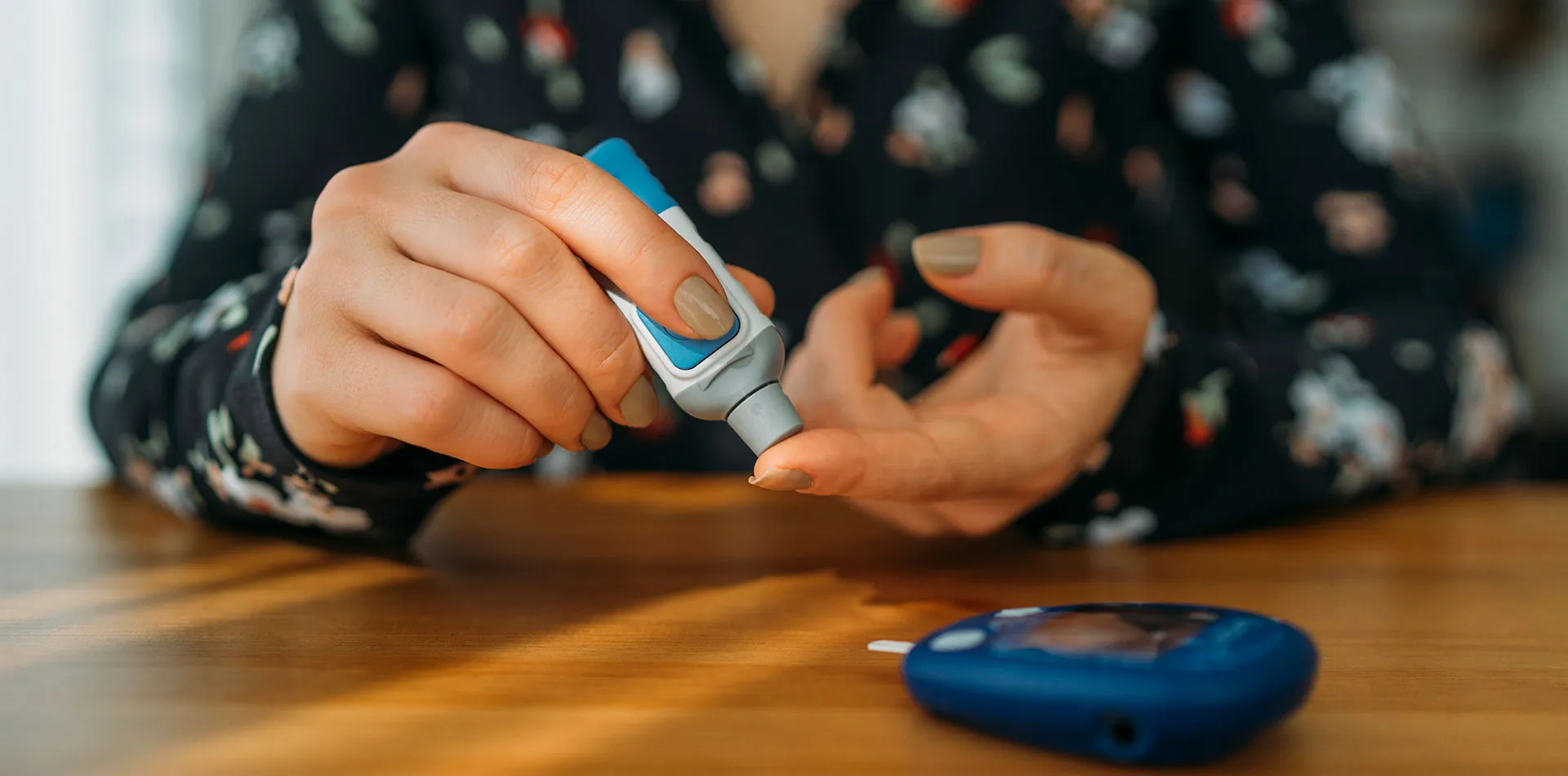
Diabetes is a disease in which the body’s ability to process blood glucose or blood sugar, is impaired. The human body breaks down carbohydrates into sugar (glucose) and releases them into the bloodstream. When the blood sugar goes up, it signals the pancreas to release the hormone insulin, which lets blood sugar into your body’s cells to be used as energy.
About 422 million people worldwide have diabetes, with 1.6 million deaths directly attributed to the lifestyle disease each year, according to the World Health Organization (WHO). Both the number of cases and the prevalence of diabetes have been steadily increasing over the past few decades.
If you have diabetes, your pancreas either does not make any insulin or enough insulin, or it makes insulin but your body’s cells do not respond to it and cannot use it properly. As a result, glucose stays in your bloodstream, and blood sugar levels increase.
While some people may have no symptoms, others may experience one or more of the following:
Patient Experience